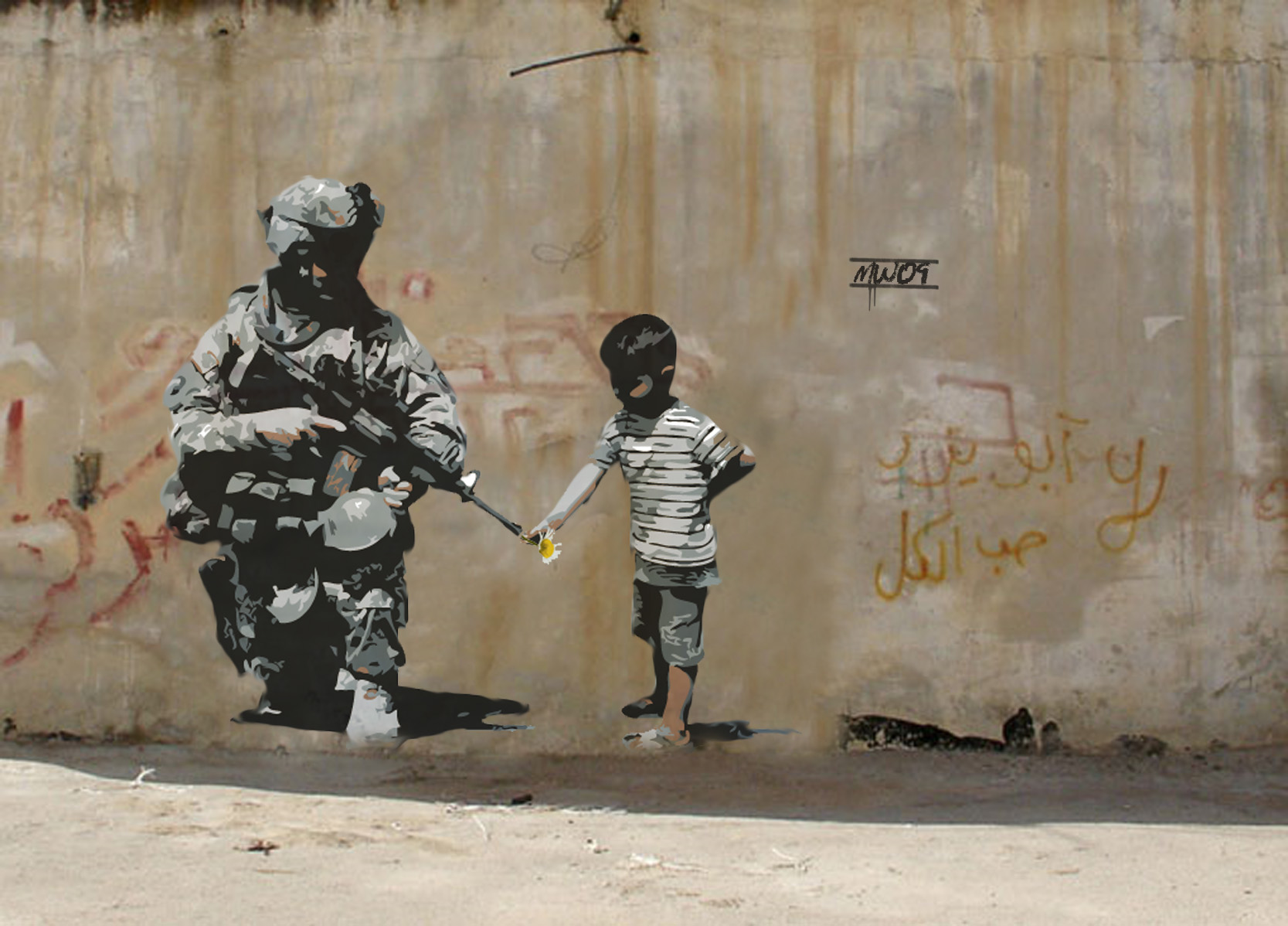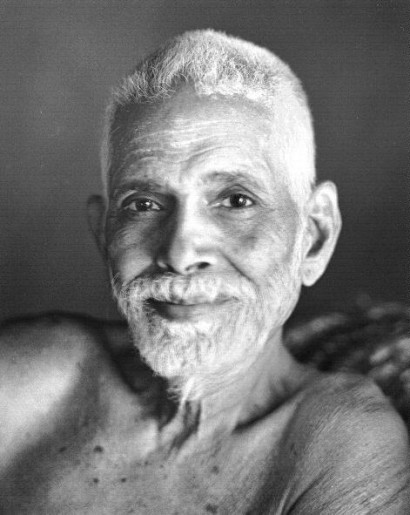
The proper response
to conflict, whether it lies within or
without us, is disengagement.
Whenever we allow ourselves to be drawn off balance, away from the strength of quiet integrity, we are in conflict. It matters not whether the confrontation is between competing values in one’s own mind or with another person: it is the inner departure from clarity and equanimity that leaves us with feelings of despair and vulnerability. The only remedy is to disengage from the problem and return to quiet contemplation of what is correct.
Conflict provokes strong feelings of doubt, fear, anxiety, and impatience to resolve the situation. If you act under the influence of these inferior emotions, you will severely complicate the misfortune. By following the prescription of the Sage and returning to a position of neutrality, acceptance, and detachment, you are able to meet opposing forces halfway: not recoiling in anger and condemnation, not pressing forward for some unnatural change in things, but waiting calmly in the center until the Higher Power provides the correct solution.
The I Ching teaches us that all conflict is, in the end, inner conflict. When you see it beginning, you are obliged not to pursue it, for this only compounds your own misfortune. If you cannot regain your equanimity on your own, then seek the assistance of a just and impartial person in resolving the difficulty. The only way to live free of conflict is to hold steadfastly to proper principles in all things. Through balance, patience, and devotion to inner truth we rise above every challenge.
The I Ching, or Book of Changes
ebooks & apps of the Tao the Ching, I Ching,
Wei wu Wei Ching, Hua hu Ching, and
Art of War for iPad/Phone, Kindle,
You
can now buy
the I Ching as part of a
five-app bundle of Taoist classics
for iPhone or iPad for less than
the cost of one hardcover
book.

you only have to set it down
You
don’t have to
straighten anything out
in your mind. You only have
to set it down if it
isn’t good.
Your
enlightenment is
fully present at every moment
of your life. If you perceive something
between you and that, nothing more
need be done other than
to let go of it upon
observing
it.

You
can now buy
Wei wu Wei Ching as part of a
five-app bundle of Taoist classics
for iPhone or iPad for less than
the cost of one hardcover
book.
rises and falls serve a sacred purpose

Consider the Mahatma, the great soul. One Mahatma is busy struggling with himself and struggling with conditions before him and around him. This struggle is not for naught, for it is a conflict with the self, it is a conflict with others, it is a conflict with conditions – conflicts that come from all around, till every bit of that Mahatma is tested and tried, till every bit of his patience is exhausted and his ego is ground. A hard rock is turned into a soft paste – then appears the personality of a Mahatma. This process of effacement, the real meaning of crucifixion is to crucify the false self, that the true self may rise. As long as the false self is not crucified, the true self is not realized.
The path of attainment means embracing this struggle. The man who fails in the world will fail to attain spiritual bliss. Yet, difficulties rise over the head of him who looks at them with awe. But the same difficulties fall at the feet of him who takes no notice of them. Ultimately, verily, independence and indifference are the two wings which enable the soul to fly. This indifference is not a lack of feeling but a mastery, for man without feeling is without life. It is the strength to pour out floods of love, yet keeping your garment of detachment from being wet.
Thus, the rises and falls, the joys and sorrows, the struggles and surrenders, all serve a sacred purpose. Joy and sorrow are the light and shade of life; without light and shade no picture is clear. In the end, love develops into harmony, and of harmony is born beauty. For love is living and therefore growing, love is growing and therefore expanding, there is no limit to the expansion of love, for its source is divine and thus its expansion is perfect. This is the ultimate rise.
the one who fights with sorrow

chris hondros, friend and hero
In conflict
it is better to be receptive
than aggressive, better to retreat
a foot than advance an inch. This is called
moving ahead without advancing, capturing the enemy
without attacking him. There is no greater misfortune
than underestimating your opponent. To
underestimate your opponent is
to forsake your three
treasures.
When opposing
forces are engaged in
conflict, the one who fights
with sorrow will
triumph.
